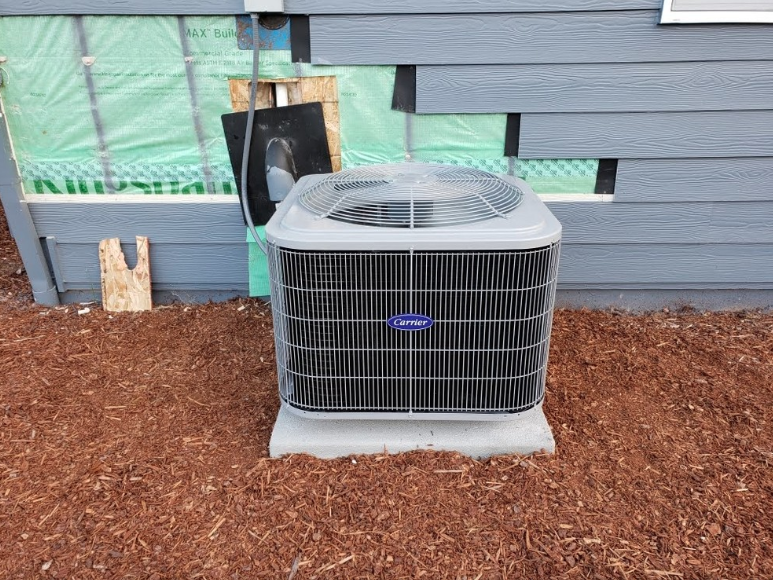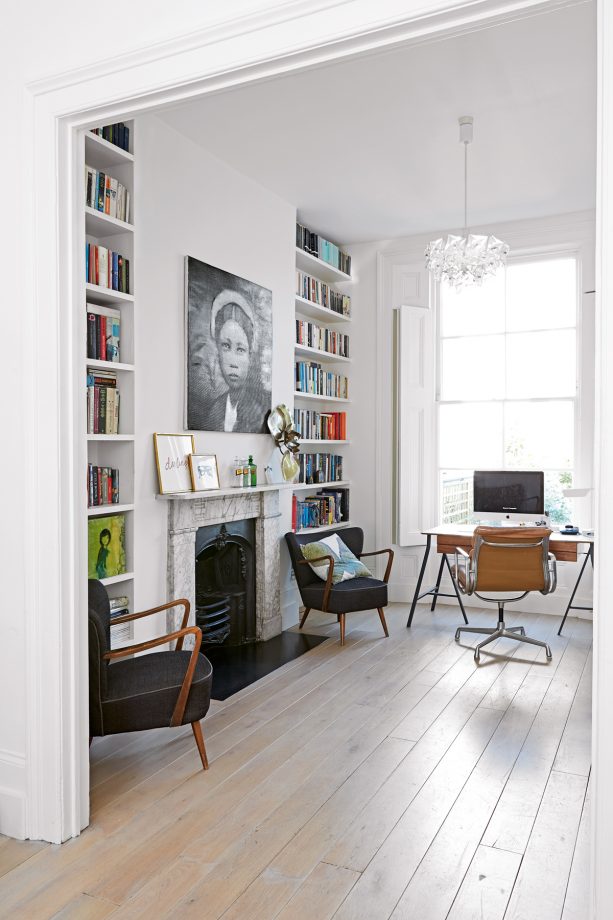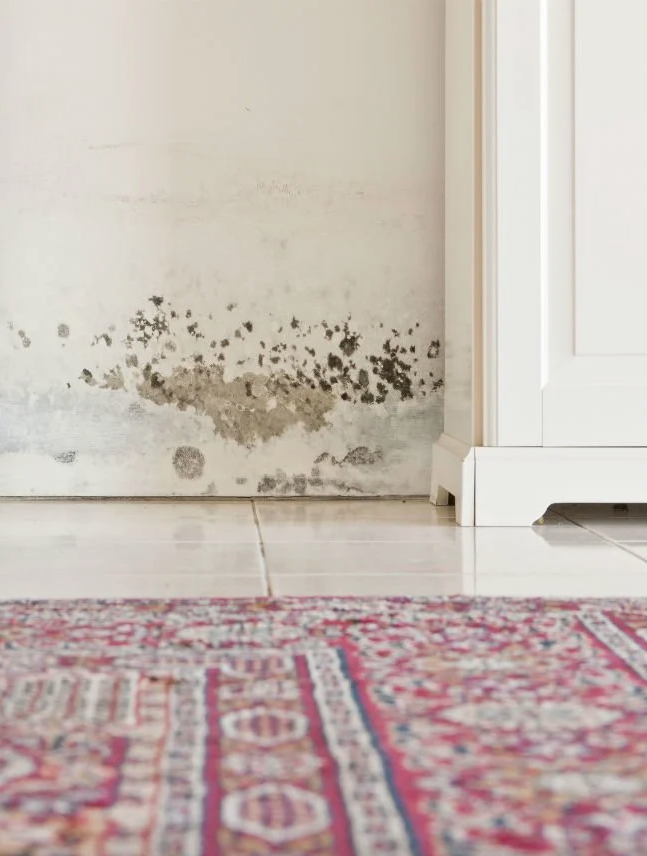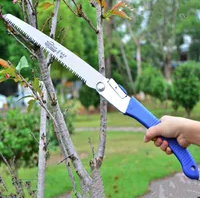Top 5 DIY Tips to HVAC Energy Savings

Save on your HVAC energy bill this year with some of these easy tips that we live by!

An HVAC (Heating, Ventilation, and Air Conditioning) unit’s purpose is to keep the indoor air in your home cool in the summer and warm in the winter. Depending on the climate where you live, this task can be costly – representing over 50% of your monthly utility bill. Drastic changes have been made over the past several years to help lower the high energy footprint associated with HVAC systems. This is great news to help the homeowner achieve significant savings. However, here are some budget friendly tips to help you save even more.
Top DIY Money Saving Tips
* Fans – Even though fans, whether ceiling fans or box fans, do not cool or warm the air, but rather they circulate the existing air. Since warm air rises in the winter, switch ceiling fans to rotate clockwise at a low speed to redistribute the warm air throughout the room. Fans help in the summer because the circulated air conditioned air you feel from the fan makes your skin feel cooler, thus cooling you down.
* Change the Filter – The energy efficiency of maintaining the filter in your HVAC unit cannot be underestimated. Filters need to be checked every 30 days and replaced every 30-90 days. When the filters are neglected, dust and dirt particles can enter the system’s motor causing moving parts to jam – such as fan motors and valves.
* Bask in the Sun’s Rays – On a sunny but cold, wintry day, open the blinds and curtains and let the sunshine in. The sun shining through the glass windows will help warm your home taking the total burden off of your HVAC system. On the other hand, a hot sultry summer day, close all the drapes and use blackout curtains, if possible, to help keep the heat out of your home – keeping it cooler.
* Adjust the Thermostat – When you adjust the thermostat in your home just by 2 degrees (for example, 70F to 72F), whether it is heat or air conditioning, the amount of energy consumed drastically reduces. If the weather is cool outside, and you get a chill inside – add a light jacket instead of turning up the thermostat and heating your entire house.
* Seal Around Windows and Doors – Check around windows and doors for drafts. Seal air leaks with caulk around fixed windows and weatherstripping around movable doors and windows.
Conclusion
For optimal HVAC savings, it is important that your unit fits the size of your home. When a system is mismatched with the home, there is a sacrifice of quality of living and unnecessary expenses. For instance, a system too small for a home will strain to keep the inside environment at a comfortable level. Whereas, a system too large for a home will be more expensive to install, maintain and operate.
So, if you are in the market to upgrade or install a new HVAC system, it is always recommended to an assessment by a professional mechanical engineering firm before beginning any heating and air project.
Author’s Bio
Michael Tobias, PE, is the founder and principal of New York Engineers/Nearby Engineers, an Inc 5000 Fastest Growing Company in America. Michael graduated from Georgia Tech in 2004 with honorary mentions. Michael and his team of 30+ engineers specialize in mechanical, electrical, and plumbing (MEP) engineering services in Chicago and New York.









Leave a Comment